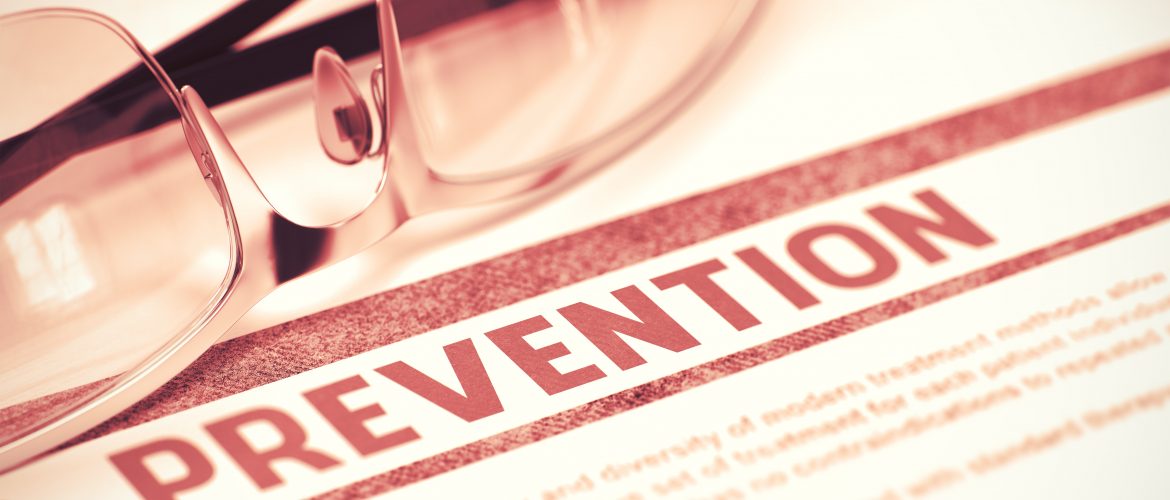A group of New Jersey legislators have undertaken the crafting of eight bills designed to strengthen response to the challenges facing long-term care facilities and improve their ability to protect residents and staff members from COVID-19 and other infectious diseases. These proposed bills would also raise pay for frontline caregivers, increase state oversight and fees for violations, and develop an advisory task force to provide ongoing assistance for state officials.
Lawmakers have expressed serious concern over the more than 183,000 New Jersey residents who have contracted COVID-19 and the fact that one out of five of these cases occurred in a nursing home and involved both residents and staff members. Also, nearly half (7,000) of the nearly 16,000 confirmed deaths involved staff, but mostly the residents in long-term care facilities.
The legislative package that has been put together is based upon a report from a group of consultants that was released on June 3. That report may be viewed at: https://www.njspotlight.com/2020/06/expert-report-maps-out-transformation-of-njs-troubled-nursing-home-industry/.
Compliance Perspective
COVID-19 has had an enormous impact on long-term care facilities across the U.S., with the highest number of deaths from the Coronavirus occurring in nursing home residents and other elderly individuals. Consequently, many state legislatures like in New Jersey are seeking to develop regulations designed to help these facilities be better prepared to respond to such infectious outbreaks going forward.
Discussion Points:
- Review policies and procedures to ensure that the most current guidelines provided by both the federal and state regulations, e.g., state Departments of Health (DOH), Centers for Medicare & Medicaid Services (CMS), and Centers for Disease Control and Prevention (CDC), are implemented.
- Train staff regarding all current and new state DOH, federal CMS, and CDC guidelines.
- Periodically audit to determine whether required testing and screening is occurring, along with the following of sanitation protocols, proper use of PPE, and separation and cohorting of those infected or suspected of having COVID-19.












































































